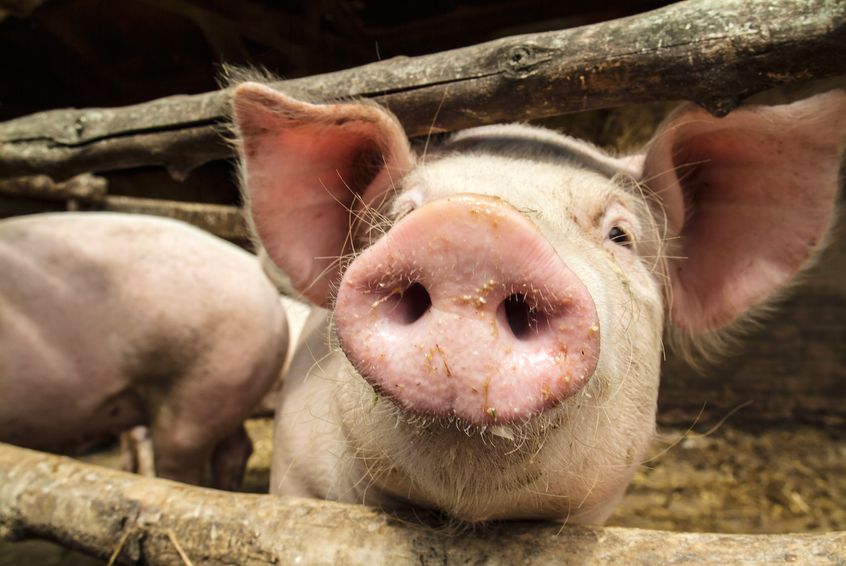
Approval has been gained for six sites in the UK to export trotters to China in what has been described as a 'huge win' for the pork sector.
Both governments have given the green light to ship British trotters to the world's second largest economy in a new agreement.
Exports will be able to commence shortly after the sites – five in England and one in Scotland – were confirmed to meet Chinese requirements.
It will be the first time these sites in Britain, which belong to Cranswick, Karro and Tulip, have exported trotters to China.
While trotters have relatively low demand in the UK, they are prized in the Chinese market.
The news comes days after it was announced that beef from the UK will be exported to China for the first time in 20 years.
Defra's farming minister George Eustice said the announcement is a 'huge win' for British farmers.
Farming Minister George Eustice said: “We are proud of the work farmers across all parts of the UK do to maintain high animal welfare and safety standards.
“The decision made today means that more people across the globe can enjoy British pork.
“As we leave the UK we will continue to strive to maximise trading opportunities for British produce across the world.”
AHDB International Market Development Director, Dr Phil Hadley said China is a 'hugely important' market for UK pig producers.
“This is fantastic news for both the pork sector and the individual businesses,” he said.
“Today’s announcement is the result of hard work and collaboration across industry and government and a testament to the high standards, quality and safety of our country’s pork production.”
China is the UK’s biggest customer of pig meat and is a market which continues to grow in both volume and value.
In the year-to-date, around a third of the UK's total pig meat exports was shipped to China – up 58 percent on last year.
So far this year, total pig meat exports are worth £369 milllion – of which the Chinese market is valued at £93 million – a rise of 111 percent compared to the same time last year.
The new agreement follows a lengthy process of negotiations involving Defra, AHDB, the Food Standards Agency (FSA), the UK Export Certification Partnership (UKECP) and the Animal and Plant Health Agency (APHA).
